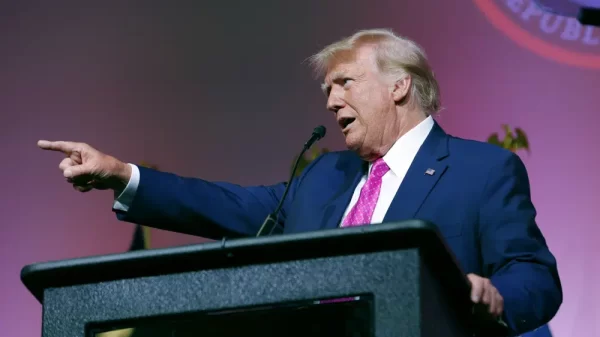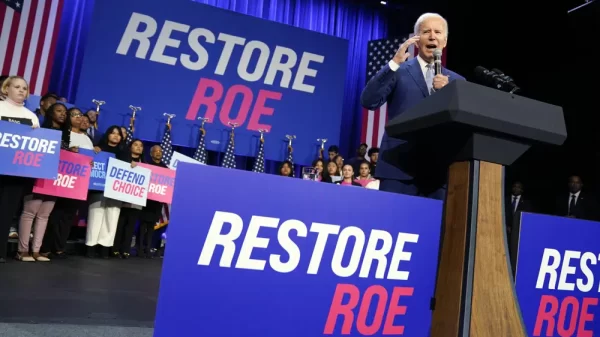The legislation would impose 18-year term limits on justices. And while it has little chance of passage, it reveals an increasing level of worry about the high court among Democrats.
A HOUSE DEMOCRAT PLANS to introduce a bill that would impose term limits on Supreme Court justices, a proposal certain to fail but one that reveals growing anxiety about what’s increasingly looking to be a conservative advantage on the high court for decades to come.
Rep. Ro Khanna plans to introduce the bill Friday, a day before President Donald Trump is set to announce his pick to replace Justice Ruth Bader Ginsburg. The Democrat from California tweeted that the country “can’t face a national crisis every time there’s a SCOTUS vacancy,” and that his bill would impose 18-year term limits on future justices.
According to a draft copy of the legislation, lifetime appointment would be eliminated, but the current justices would be grandfathered in and would not have to step down. Presidents would select nominees during the first and third years of their terms and the nominee would have to be approved by the upper chamber.
While some argue an amendment to the Constitution would be necessary for such a change, Khanna claimed in a tweet that “We don’t need to change our constitution to make the Supreme Court more transparent and equitable.”
Democrats and Republicans are continuing to clash over Trump’s attempt to fill the late justice’s seat just weeks before the 2020 election. Senate Majority Leader Mitch McConnell has indicated his intentions to bring the nomination to a vote but has not committed to a timeline. He has, however, signaled that he would bring the nomination before the chamber even if Trump were to lose the election and the vote was to occur during a lame-duck period.
Some Democrats have revived calls for expanding the highest court from nine seats, with Minority Leader Chuck Schumer of New York saying “nothing is off the table” if Democrats retake the Senate in November.
Despite the pressure from some in his party, presidential nominee Joe Biden has repeatedly dismissed the notion.









































